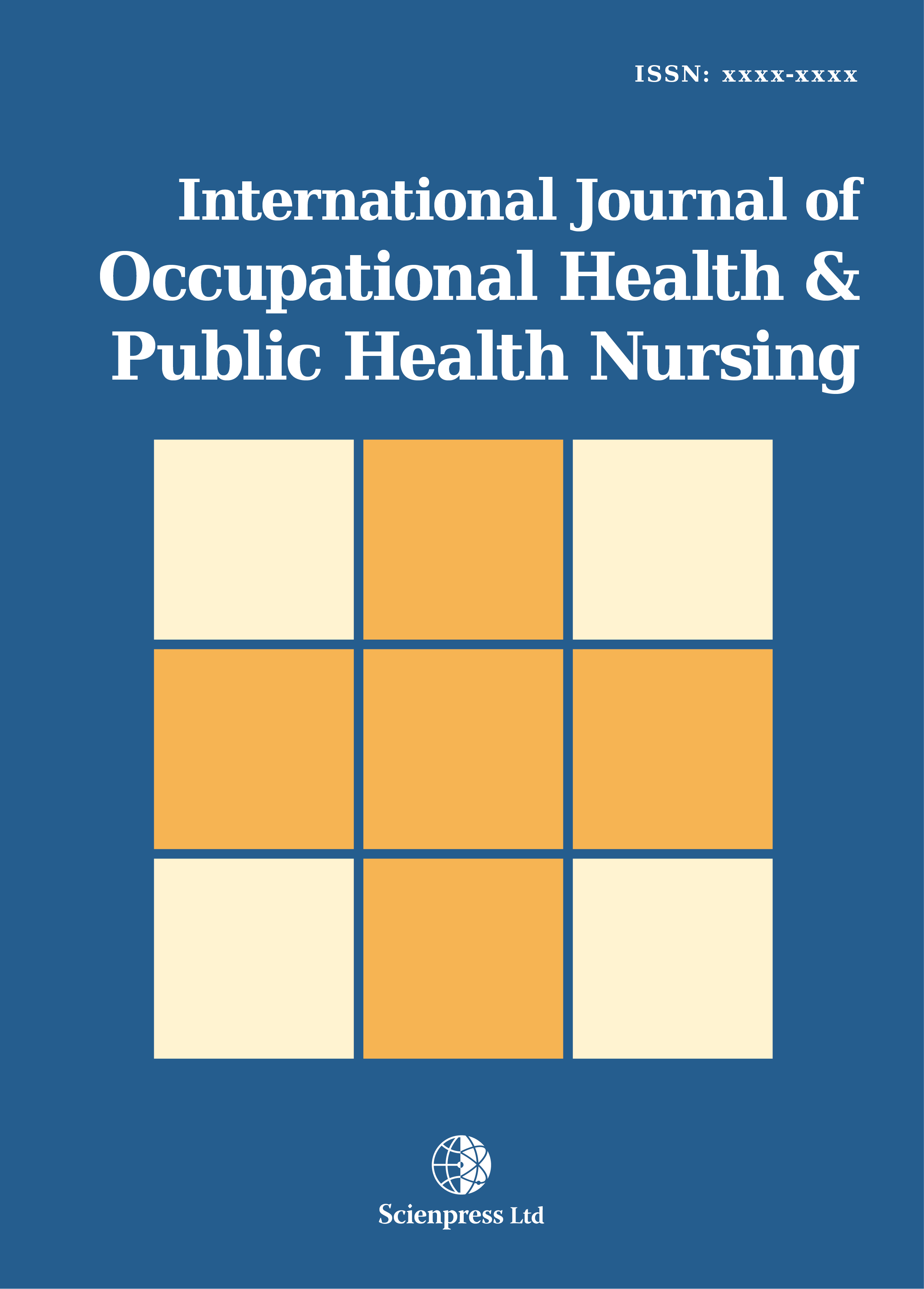International Journal Of Occupational Health and Public Health Nursing
Impact of a Multi-component Participatory Ergonomic Intervention on Work Posture, Psychosocial and Physical Risk Factors Associated with Mobile Tablet Computer Workstations: A Controlled Study
-
 [ Download ]
[ Download ]
- Times downloaded: 10886
Abstract
This study examines the effects of a multi-component participatory ergonomic intervention on psychosocial (PS) and physical (PH) risk factors (RFs) associated with mobile tablet computer workstations. 46 pharmaceutical operators using tablet computers for at least 4 hours daily participated in a mixed methods design study. Rapid Upper Limb Assessment (RULA) was used to assess postural risk pre and post the redesign of the workstations. Data were collected at baseline and 2 months post intervention. PHRFs were measured using the Nordic Musculoskeletal Questionnaire (NMQ) and PSRFs using the Short Form 36 Health Survey (SF-36V2). Workers’ experience of the participatory process, was captured by semi-structured interviews. Two months post-intervention, postural risk scores dropped from 7 to 3 in both the Intervention and Control group (both p<0.001), indicating lower postural risk due to workstation re-design. Self-reports of musculoskeletal symptoms decreased significantly in both groups for the neck, shoulders and wrists/hands with no significant difference between the groups (all p≥0.346). The Vitality, Role Emotional and Mental Health domains scores changed significantly in the Intervention (all p<0.05) but were not significantly different in the Control group (all p>0.05). A good macro-ergonomic design of the programme such as management commitment and support, appropriate team members, adequate training and an agreed budget were significant contributing factors for the success of the participatory ergonomic programme. A workstation redesign with the use of external accessories is effective in improving posture and reducing PHRFs in tablet computer users. The participatory nature of the multi-component ergonomic intervention program, which was of short duration can have a rapid effect in reducing exposure to work related PSRFs.
